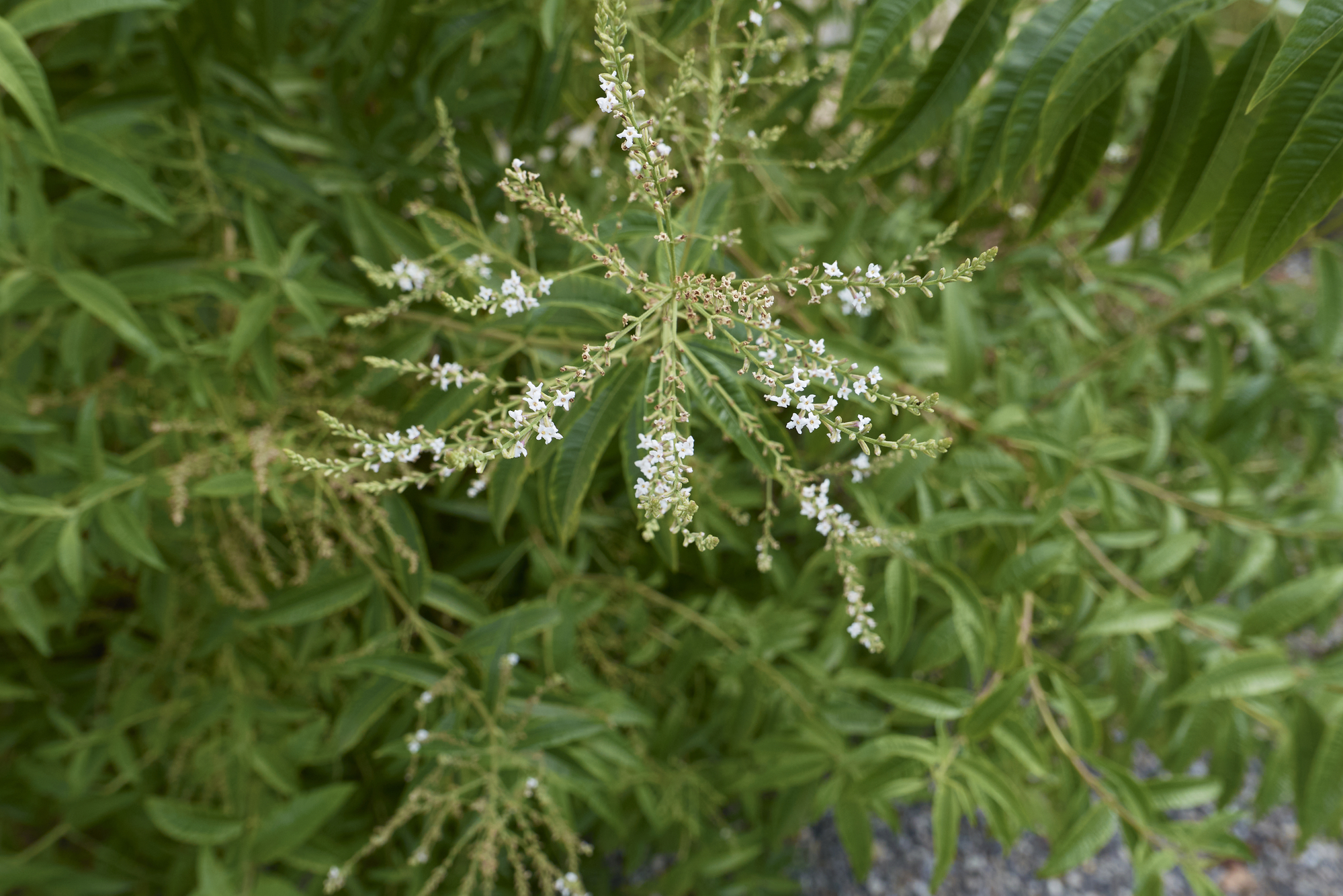Natural Neurology
Our podcast, featuring Karta Purkh (“KP”) Singh Khalsa, AD, a Dietitian-Nutritionist and Ayurveda expert, international lecturer and author of 31 books on natural healing topics, is a must-listen for anyone interested in a natural approach to neurology. Khalsa will share easy-to-apply clinical approaches that empower patients and professionals and toRead










